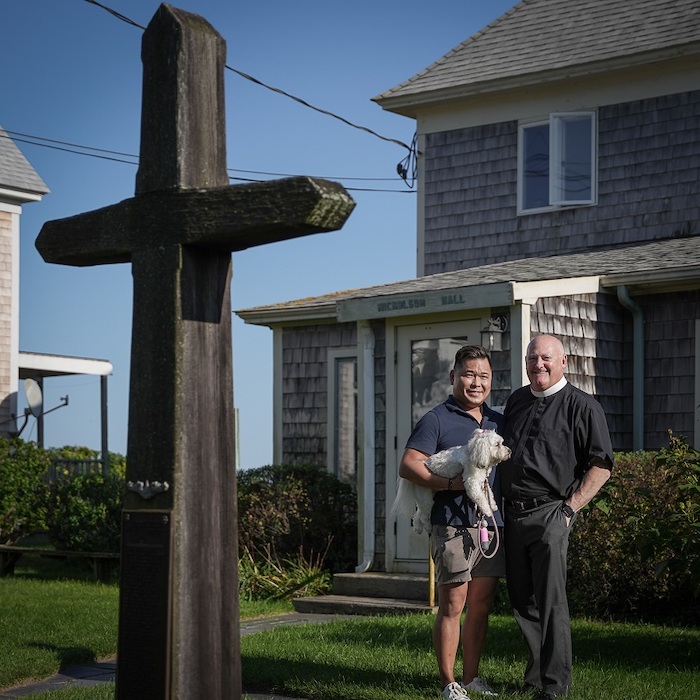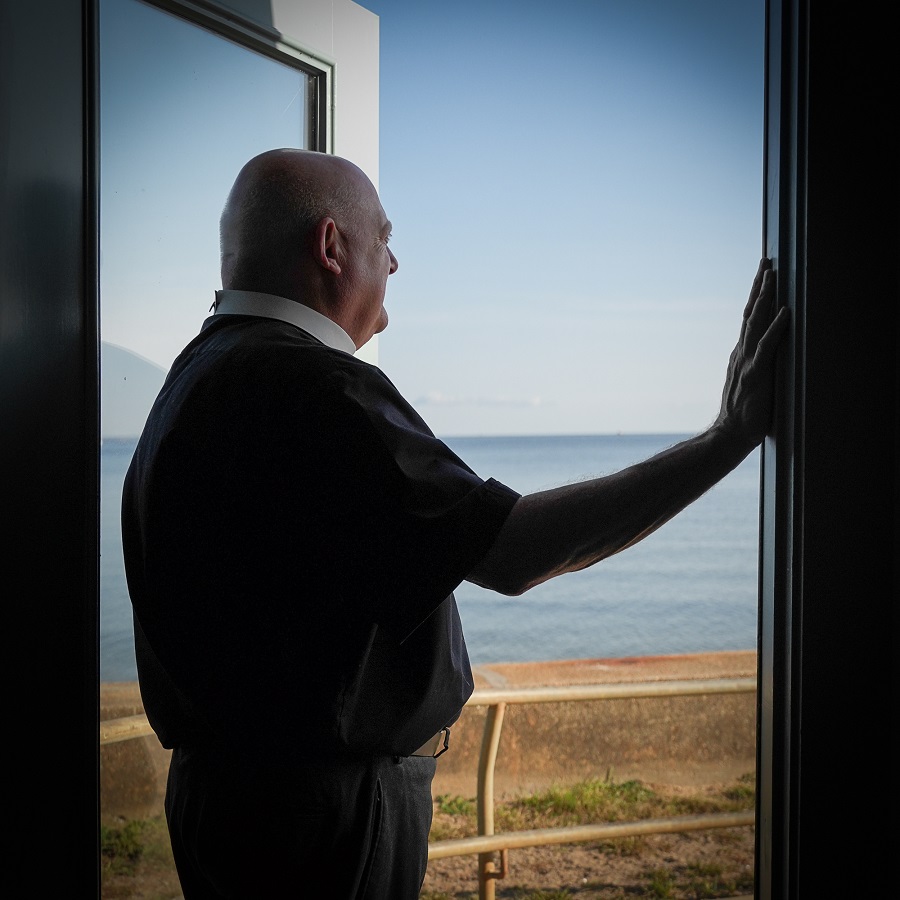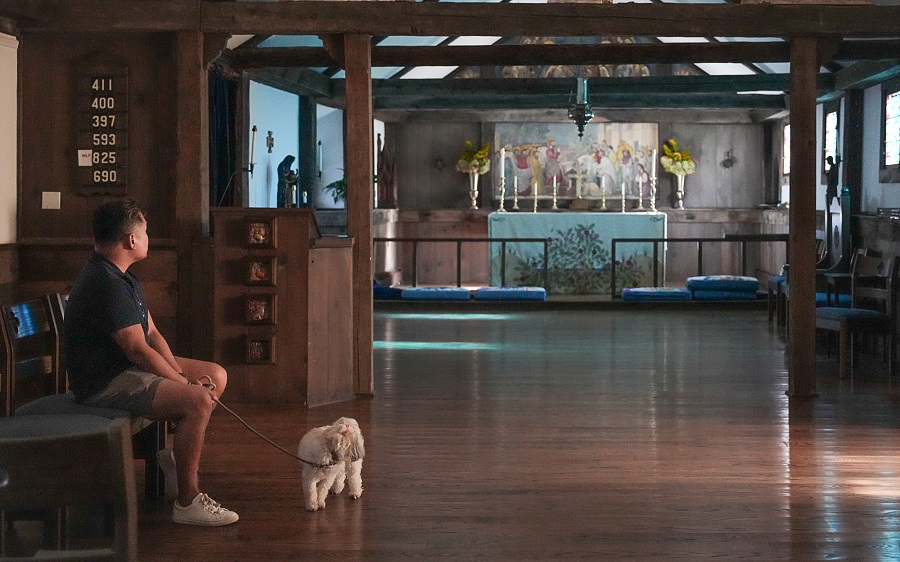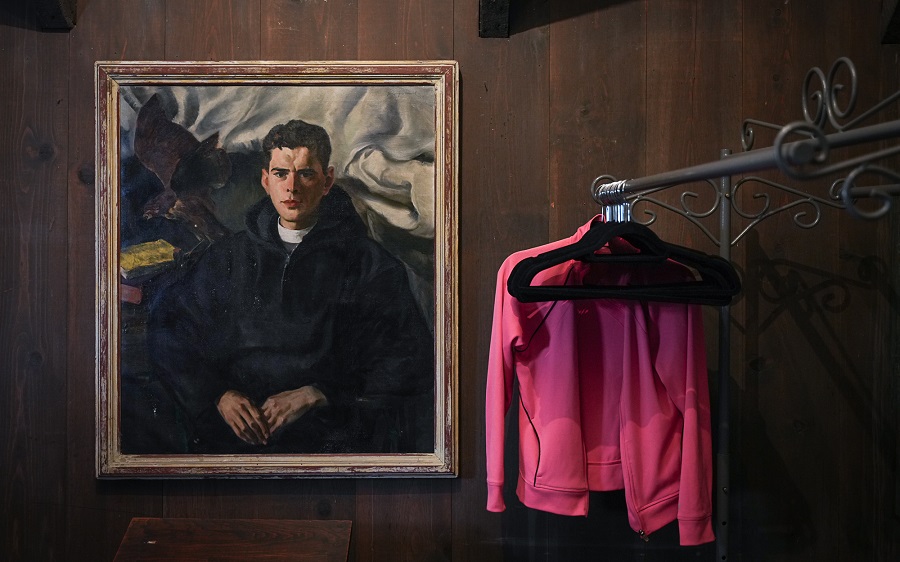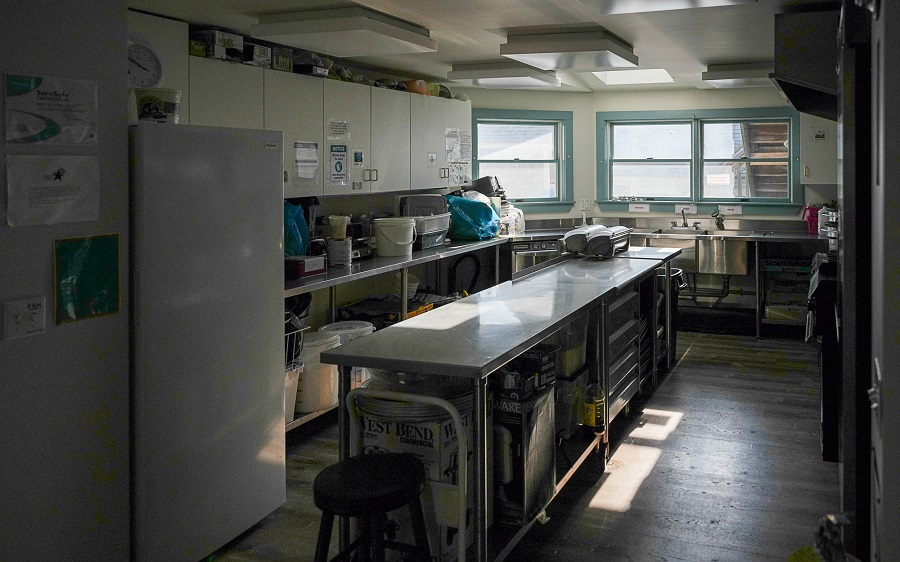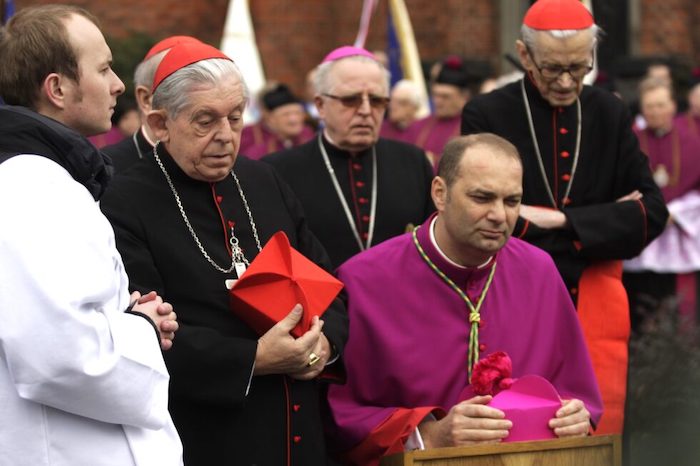— Lawsuits expected against Baltimore Archdiocese
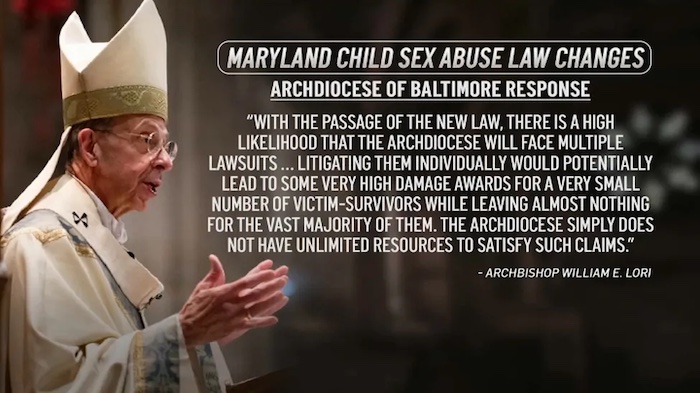
The measure lifts statute of limitations for filing civil claims
By Tracee Wilkins, Katie Leslie and Jeff Piper
A new chance for justice begins this weekend for some sex abuse survivors in Maryland. The Child Victims Act of 2023 takes effect on Oct. 1, lifting the statute of limitations on abuse cases so victims from even decades ago can pursue justice through civil cases.
Though schools or other groups could be affected, much of the focus is on the Catholic Church. In anticipation of being sued by potentially hundreds of victims, the archbishop of Baltimore has said the church is considering filing for bankruptcy.
Some survivors, including Teresa Lancaster, said while financial settlements pale in comparison to finally holding their abusers — and the systems that protected them — to account, they see the church’s move as an effort to undermine the law.
“They don’t want to help the victims,” she said in an interview with the News4 I-Team.
Lancaster said the sexual abuse she endured at Archbishop Keough High School in Baltimore began as a junior in 1970, continuing until she graduated in 1972. But the survivor and attorney said the effects of the abuse last to this day.
“I have three daughters, and every one of them has told me there were times when they just didn’t understand what was wrong with Mom. I mean, the depression and the anxiety rears its ugly head,” Lancaster said.
What happened to Lancaster and other girls at that high school at the hands of Father Joseph Maskell was explored in a 2017 Netflix series called “The Keepers.” Church leaders initially tried to discredit parts of the series. Then last spring, Maryland Attorney General Anthony Brown released a report detailing how more than 150 Catholic priests and other Maryland clergy sexually abused more than 600 children and were never held accountable.
The report stated Maskell was accused of abusing at least 39 boys and girls. But despite the church knowing about these allegations for nearly 30 years, according to the report, he was repeatedly reassigned until he was placed on leave in 1994.
“When the attorney general’s report was released, they knew about Father Maskell in 1966,” Lancaster said. “I was abused in 1970. They could have stopped it.”
Maskell died in 2001. Though he was never criminally charged, the church added him to its list of priests who had been credibly accused of abuse after his death. According to the church’s account on that public list, it states it became aware of allegations against him in 1992 that couldn’t be corroborated, until additional allegations emerged two years later.
Lancaster sued the archdiocese in 1995 but said her case was blocked by the statute of limitations. For 21 years, Lancaster fought alongside others for the state to change the law preventing child abuse victims from seeking justice decades later. Last session, lawmakers passed the Maryland Child Victims Act of 2023.
“We won,” she said of that moment. “Finally.”
The law allows for individual victims to sue governmental entities for up to $890,000, and private institutions, like the church, for up to $1.5 million.
But Lancaster said that’s not just what this is about.
“I just want to hear, ‘I’m sorry, and I won’t let this happen to anyone else,’” she said.
The Archdiocese of Baltimore wouldn’t talk to the I-Team on camera but pointed to a Sept. 5 statement from Archbishop William E. Lori, who said the church is considering filing for bankruptcy ahead of possible litigation.
“With the passage of the new law, there is a high likelihood that the archdiocese will face multiple lawsuits … Litigating them individually would potentially lead to some very high damage awards for a very small number of victim-survivors while leaving almost nothing for the vast majority of them. The archdiocese simply does not have unlimited resources to satisfy such claims,” he said in that letter.
Attorney Jonathan Schochor, who represents dozens of abuse victims, said, “That would represent the height of hypocrisy, in my view. It’s unthinkable to me.”
Schochor is working with Lancaster to file a class action lawsuit on behalf of church victims on Monday, once the law is in effect.
“We can’t undo the sexual abuse. We can only get full, fair and adequate compensation to help them heal,” he said.
David Lorenz, who heads the Maryland chapter of the Survivors Network of those Abused by Priests, said for abuse survivors like him, “You don’t move on. You learn to live with it.”
He, too, fought for the law change and said filing Chapter 11 could impose a new deadline on victims to come forward, if they want to be named as creditors. He worries that pressure could prevent many victims’ stories — and the names of their abusers — from coming to light.
“The terrifying part of coming forward is you believe you’re alone. You believe you’re the only one. You believe that no one will believe what you say,” Lorenz said. “If you see that name in print, it helps you have the courage to come forward, and then your healing can start.”
The I-Team asked the Archdiocese of Baltimore about these concerns, and a spokesman said the church believes bankruptcy would be a “reasonable and equitable method of compensation.”
Earlier this month the archbishop cast doubt on the validity of the new law, writing, “While passed with the aim of enabling victim-survivors to find justice, the new law’s method is also believed by many to violate Maryland’s Constitution. The courts will need to make that determination.”
Anyone interested in filing a claim should file a report with police and the Maryland Attorney General’s Office, in addition to retaining legal counsel. Under the law, the abuse must have occurred in Maryland, but filers do not need to reside in the state.
Complete Article ↪HERE↩!

